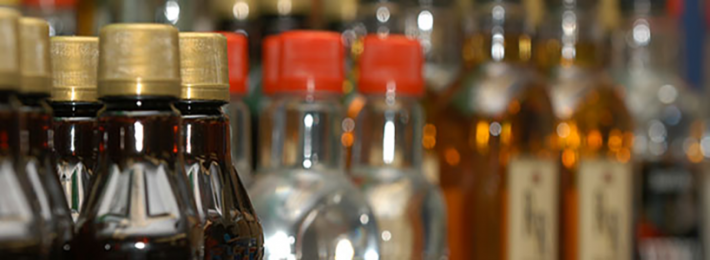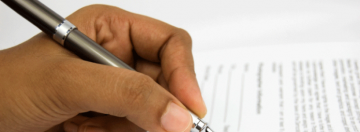Alcohol Issues More Prevalent in DOE Security Clearance Denials

The Department of Energy (DOE) Appeals Board has published the results of twenty-four security clearance appeals so far this year and among them were fifteen cases (62%) involving alcohol consumption issues. That is an astonishingly high percentage of total cases considering the Defense Office of Hearing and Appeals (DOHA) only had 6% of total cases involving alcohol consumption issues in 2019. So why does the DOE have so many more than DOHA?
One of the main contributing factors for the types of issues involved in security clearance denials by DOE is adjudicators have access to DOE clinical psychologists to assist in evaluating applicants in cases that have alcohol consumptions issues. The reason DOE has allocated professional medical resources for this is simple; not only are they reviewing eligibility for access to classified national security information, but also for access to nuclear materials and information which, if falling into the wrong hands, could result in more serious consequences. Here is a sample case of how seriously the DOE takes alcohol issues in deciding whether to grant “Q” or “L” clearance eligibility:
The applicant had three driving under the influence arrests since 1993 and when evaluated by a DOE clinical psychologist, admitted to previously consuming on average twenty-eight alcoholic beverages per week. Per a recommendation from the psychologist, the applicant voluntarily abstained from alcohol use for thirteen months and passed several Phosphatidylethanol (PEth) tests. The Peth test looks for direct biomarkers of alcohol that remain in the blood stream for up to three weeks after consumption and can detect binge drinking or chronic alcohol use. However, the applicant refused to pursue recommended alcohol abuse counseling and as such, was diagnosed as being a higher risk for relapse. As a result, the DOE appeals judge opined the applicant had not mitigated the risk of future alcohol abuse issues and denied eligibility for a clearance. You can read the entire case summary here.



Wow. Some folks are so afraid of giving up their vice they go to great lengths to keep them. Logic dictates, if we want our job…and our clearance…knowing the standards…we ought comply fully to the requested steps to include counseling. I can’t imagine being given the opportunity to save my job and clearance eligibility and attempt to argue an alternative, particularly when the tests showed a relapse. I had an employee in same situation. Same testing and he could not grasp the tests didn’t test for alcohol that day…he was drinking Friday nights, sober Monday morning for tests. Could not understand how he failed tests. His agreement required he abstain from alcohol. He wasn’t. I suppose when you have that thirst…it is a big demon to wrestle.